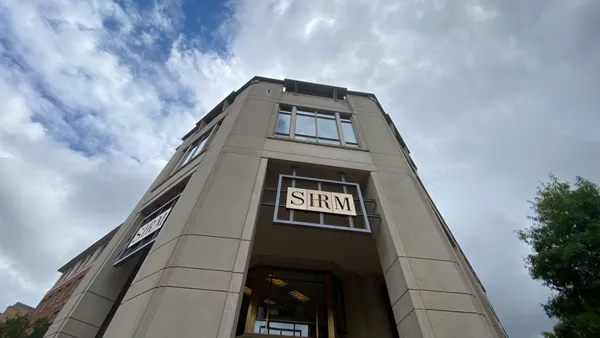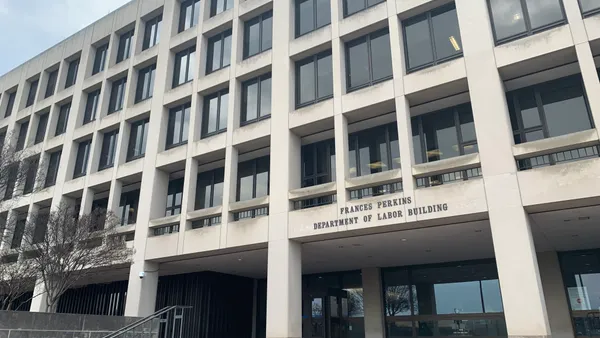Dive Brief:
- A federal judge did not have the authority to order in-house attorneys for Southwest Airlines to attend a religious liberty training as part of a contempt sanction against the company for allegedly violating his judgment, the 5th U.S. Circuit Court of Appeals held May 8.
- In a mixed result for the airline and the plaintiff, a former flight attendant who was fired for violating Southwest’s harassment policies, the 5th Circuit vacated the judge’s contempt order because it was “plainly not the least-restrictive means of remedying Southwest’s non-compliance” with the judgment. The training order also “constituted a punitive remedy” that exceeded the judge’s civil contempt authority, the 5th Circuit said.
- Separately, the court reversed in part a jury’s finding that Southwest violated Title VII of the Civil Rights Act and affirmed dismissal of the plaintiff’s retaliation and interference claims under the Railway Labor Act. Separately, it affirmed judgment against the plaintiff’s union while vacating a permanent injunction against the union.
Dive Insight:
The reversal of Judge Brantley Starr’s 2023 contempt order is a notable one in light of the recent evolution of religious discrimination case law.
The plaintiff in Carter v. Southwest Airlines Co. alleged that Southwest failed to comply with the order — which directed the company to inform flight attendants that it “may not discriminate” against them for their religious practices and belief — by instead issuing a statement that said the company “does not discriminate” against employees because of such beliefs or practices. Southwest also published a memo in which it criticized the plaintiff’s conduct and expressed disappointment with the judgment.
Starr sided with the plaintiff and ordered Southwest attorneys to take a religious liberty training offered by the Christian advocacy group Alliance Defending Freedom because such training represented the “least restrictive means” of achieving compliance with the court’s order. The 5th Circuit disagreed, writing that the proposed training encompassed topics not relevant to compliance with the judgment and “exceeded remedial bounds” governing civil contempt sanctions.
“Courts are tasked with resolving limited questions and administering justice to the parties before them,” the 5th Circuit said. “But when a court’s contempt sanction in a civil matter is both overbroad in scope and undoubtedly punitive in nature, the judiciary risks appearing contemptuous like the contemnor.”
Training orders have been issued by courts in other contexts, however. In 2023, a federal judge ordered an assisted living facility owner to attend an anti-retaliation training after allegedly threatening to fire workers who cooperated in a federal labor investigation.















